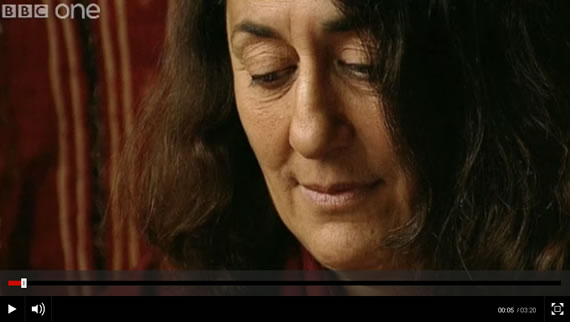LASTING POWER OF ATTORNEY
Allow trusted people to make decisions on your behalf
There may come a time in your life when you are unable to handle your own affairs, perhaps due to old age, accident or (mental) illness. Setting up a Lasting Power of Attorney (LPA) allows you to choose trusted people who can make decisions on your behalf in those circumstances.
It is important to bear in mind that if you lost mental capacity, your spouse, partner or other family member will not automatically be authorised to act on your behalf. If you would like them to be able to make decisions for you, you would have to make a Lasting Power of Attorney appointing your spouse or partner as (one of) your Attorney(s). Even if you have your bank accounts and house in joint names.
There are two types of Lasting Power of Attorney:
Lasting Power of Attorney for Property and Financial Affairs
This document deals with all financial decisions for example with regard to property, investments, bank accounts and payment of bill. You can appoint one or more Attorneys to manage your finances and property whilst you still have capacity, as well as when you lack capacity. For example, it may be easier for you to give someone the power to carry out tasks such as paying your bills or collecting your benefits or other income.
Lasting Power of Attorney for Health and Welfare
This LPA could involve some significant decisions, such as:
- giving or refusing consent to particular types of health care, including medical treatment decisions; or
- whether you continue to live in your own home, perhaps with help and support from social services or whether residential care would be more appropriate for you.
The following video contains a special documentary by Dominic Littlewood of The One Show about the importance of Lasting Power of Attorney. Please note clicking on this image will take you to the BBC website.
MORE TESTIMONIALS





